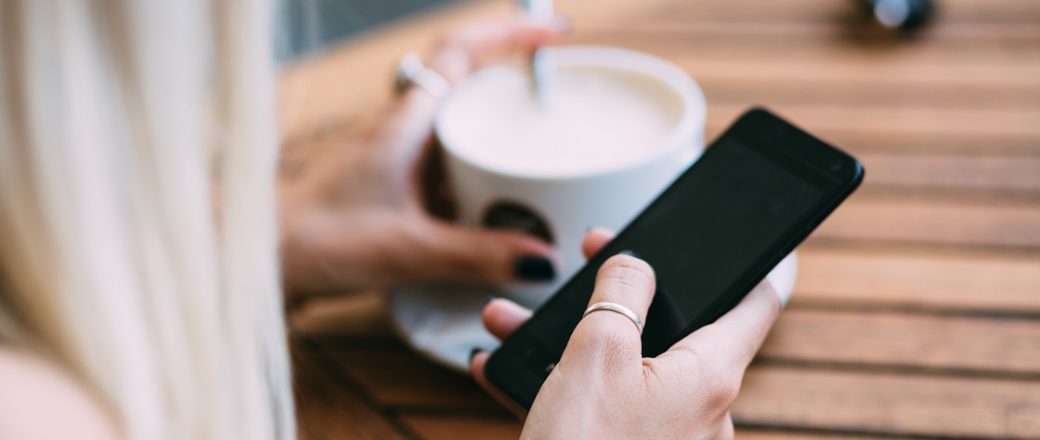With the massive proliferation of social networks, some people seem obsessed with sharing everything with the entire world. We gladly report our mood, plans for the weekend, vacation or relocation, the huge amount of cash we are about to spend, or our current location — right here, right now.
Many social networks offer a so-called check-in function. Using check-in, you can tell the world about visiting a new café or regularly going to the gym. Many people check in everywhere they go: at a friend’s place, sightseeing, hunting for Pokémon … it’s no surprise teens are avid users of this function.
Some parents might think that checking in can be even useful: a way to track your kid’s whereabouts during their spare time. And it is — but it can also be dangerous. Basically, it lets everyone know where you are, and they can use this information however they want.
Thanks to check-in, a stalker can map their victim’s movements and be in the right place at the right time. Burglars know precisely when homeowners are out. You get the picture.
The check-in feature is tightly interconnected with one of the most notorious modern threats — cyberstalking, which means stalking a person by using the Internet for purposes of blackmail, extortion, or identity theft. With check-ins, stalking can cross over from the online to the real world. This problem is especially vital for celebrities, but ordinary people can have it, too. For example, early this year an American celebrity blogger checked in at a café and immediately got a response from one of her fans, saying that he was on his way to meet her personally — and, minutes later, he indeed showed up. Luckily, he did so only to demonstrate how dangerous checking in could be, and that the blogger could easily be approached by a stalker or another person with malicious intent.
We are not saying this function should be banned for children. However, you should explain the dangers of careless check-ins. Posting an update about visiting some unique place is probably OK. But reporting every single step throughout the day is reckless and unsafe. And do not forget about yourself: By disclosing your own whereabouts you can endanger not only your safety but the safety of others.
As for concerned parents, the best way to keep track of your child’s whereabouts is to install special software — like our very own Kaspersky Safe Kids.
 Kids Safety
Kids Safety





